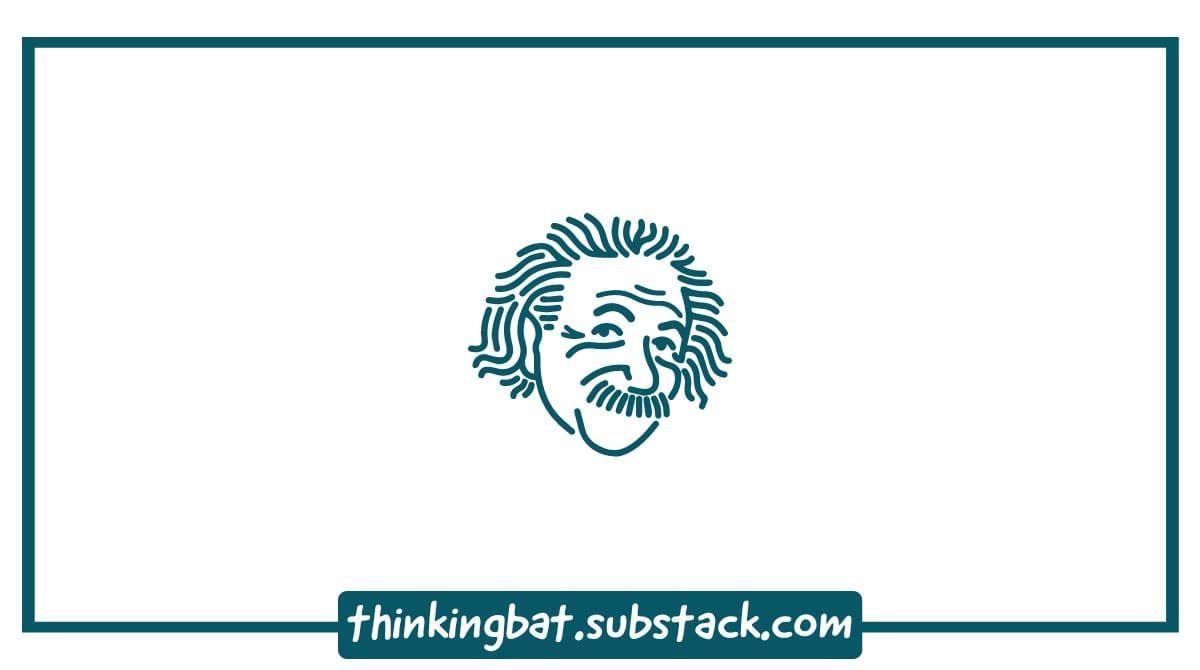How to Think Like a Scientist
A Guide to Scientific Rationality
Science is one of the most respected professions. From cell phones to vaccines, everything is a consequence of scientific advancements. It’s not an easy job. Scientists have to be very careful with the data they collect, the calculations they pass it through, and the conclusions they take out of it.
Scientists go through a series of steps to come up with solid objective conclusions about the nature of reality. They formulate a hypothesis and then collect data to derive objective conclusions about their hypothesis.
When Scientists follow all these steps sincerely in chronological order, the chances that the conclusions derived from their study are objectively valid. But when they jumble these steps it’s called pseudo-science.
Most of what we call pseudo-science emerges when a researcher forms a conclusion first and then manipulates data to justify his conclusion—doing the exact opposite of what they are expected to do. This can happen for various reasons. Scientists might have a financial incentive to do that or they just fell in love with their hypothesis, falling prey to their intellectual ego.
Related: Four Horsemen of Science
When a scientist falls in love with his hypothesis, he turns a blind eye to all the information that falsifies it. This is a classic case of confirmation bias.
To prevent scientists from fall into this pit-hole, Karl Popper proposed a series of ideas in 1934 that changed the way science is practiced today. He was also known as the murderer of Marxism and Freudian Psychoanalysis.
Popper said that for a theory to be considered scientifically valid it must be able to be tested and conceivably proven false. This can sound a little oxymoronic, because if a theory can be proven false then how come it can have any objective validity. To understand the theory of falsification let’s consider this story of your favorite scientist, Albert Einstein.
The Solar Eclipse That Proved Albert Einstein Right
In 1919 Einstein published his theory of relativity, which turned the world upside down because it was in direct contradiction with Newton’s Laws of Motion and his ideas about gravity. Physicists were in a mess to disprove him. Then in 1919 British physicist, Sir Arthur Eddington found a golden opportunity to do that. A 6-minute long solar eclipse.
He hoped to disprove Einstein’s theory. Two teams of astronomers packed up and set out on expeditions to distant lands to observe the solar eclipse. One went to Brazil and the other to a remote island in Africa to measure how much light the Sun will curve due to its gravity.
In the end, the data matched exactly the way Einstein's theory had predicted light should curve as it passed through the Sun's gravitational field. Einstein became an instant celebrity, a status which lasted until he died in 1955, and it all began with a moment in the Sun.
You read more about the technical aspects of Eddington’s experiment here. It’s really interesting.
The key takeaway, here, is that Einstein’s theories were falsifiable, there was a way you could disprove his ideas. Whether they were right or not is secondary, the idea that there are ways you can challenge his theory is important.
Popper constantly highlighted this idea in his writings that a scientist should always strive to disprove his/her theory, instead of proving it right, and all theories should be falsifiable.
Conclusion
If a scientist is “trying” to prove his hypothesis right, he is prone to give more credibility to data that supports it—a classic case of confirmation bias. If you believe in Santa, then you will always consider the mall Santa as an evidence of his existence. You can only get to the truth if you try to falsify that hypothesis.
So this essay concludes that you should be slightly unsure of your beliefs and opinion, give a little more consideration to information that contradicts you. Try to falsify them now and then, in that way you will be able to sustain the most tested wisdom in your life. Our brain senses no difference between a fact and an opinion. Skepticism and curiosity are your biggest superpowers that will lead you to the truth. Use them more often.
Most leaders fail at what they do because they like to be surrounded by sycophants who never disagree with their opinion. They prefer sweet delusional lies over bitter insightful truths. They seek advice only to confirm what they already believe in. Don’t be that person.
I appreciate your patience and dedication to read this essay. I am glad that you made it to the end. I hope you learned something that will help you to sustain the best ideas as you move forward in life.
I have been running this newsletter for the last nine months, sharing the bits and pieces of my intellect with thousands of readers every month.
More than having a large audience, I want a sustainable group of the right people. People who get something out of these weekly essays. If you know someone who fits the bill, feel free to share my work with them. If you are new here and like what you just read, then by all means subscribe.




